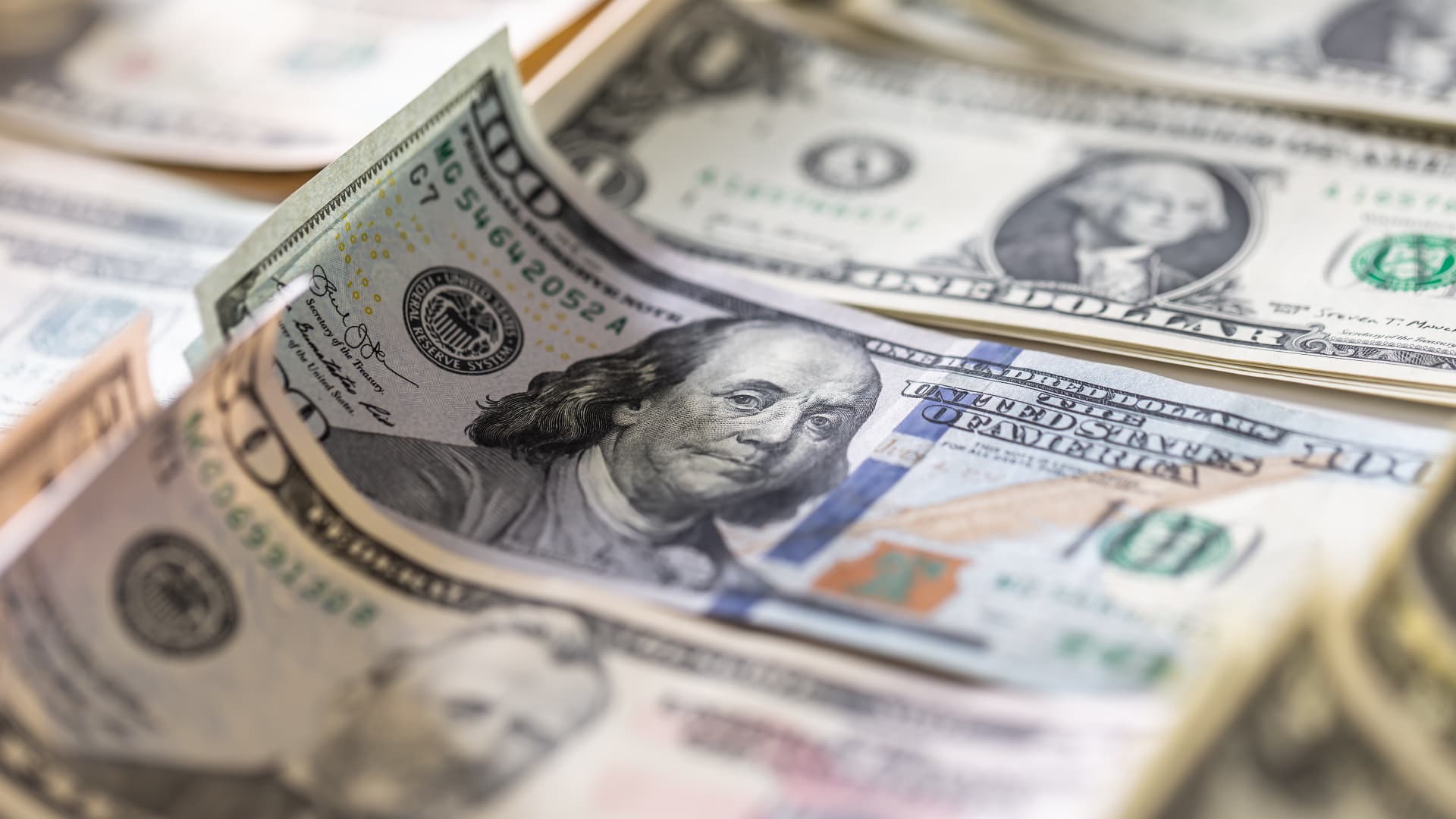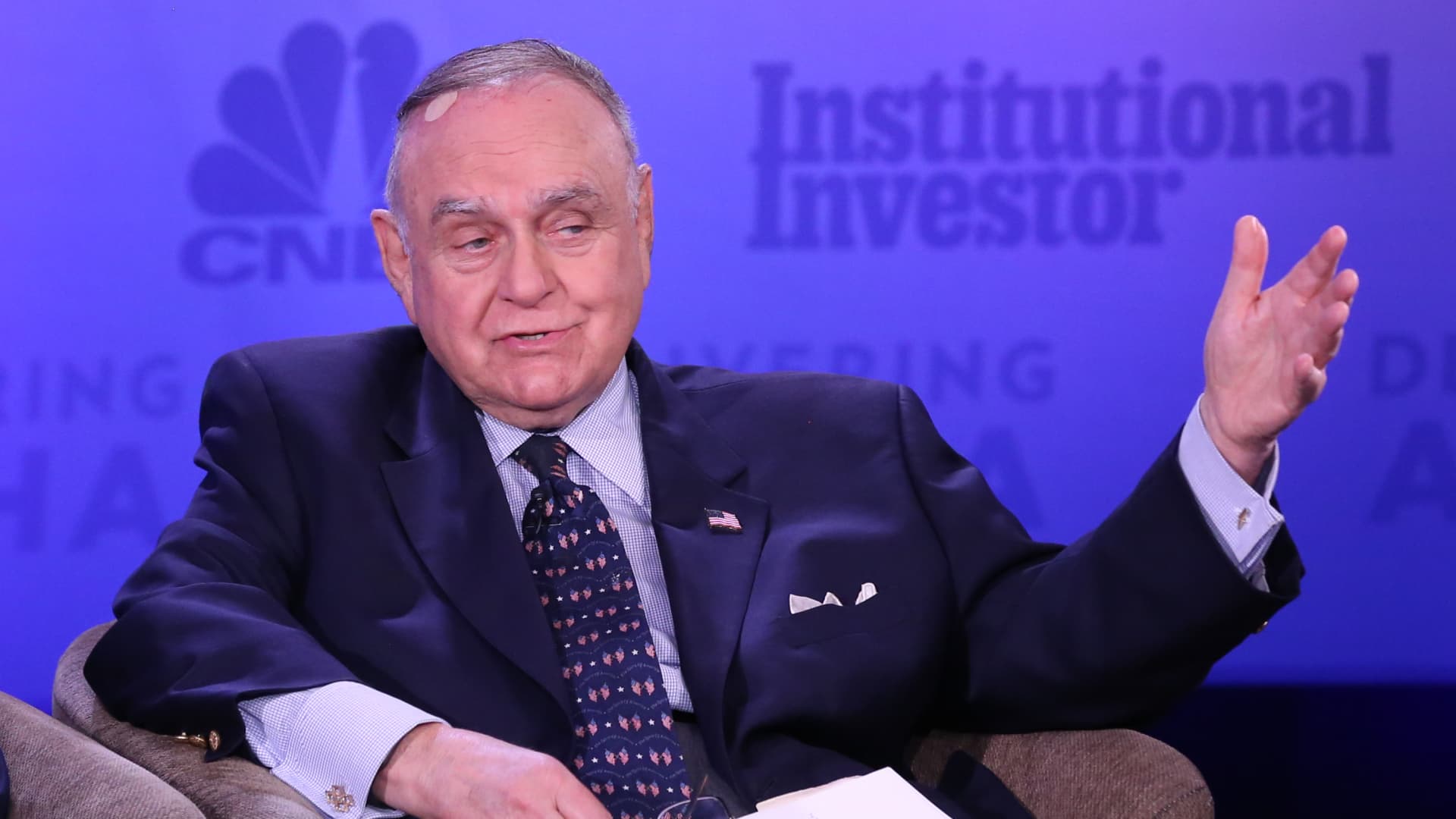Forget cash — it’s time to move into fixed income, Franklin Templeton strategist says

Investors should move out of cash and into fixed income with some duration, said Franklin Templeton’s chief market strategist, Stephen Dover. “Inflation probably won’t get quite as low as market expectations and interest rates won’t drop quite as far as market expectations,” Dover said, adding that “this is is an opportunity, particularly in the fixed income markets, to pick up a little bit of yield.” Franklin Templeton’s inflation forecast is more conservative than the U.S. Federal Reserve’s. The investment firm expects the core personal consumption expenditures price index to fall to 2.7% by the end of the year, versus the U.S. Federal Reserve’s projections of 2.4% . The markets’ “biggest screaming issue” is the $6 trillion sitting in money market funds right now, he said. “We would advise those investors to move out of that cash and take some duration move into fixed income,” he added. Fixed income and rate cuts Franklin Templeton expects fixed income to “broadly benefit” from interest rate cuts in 2024, it said in a Global Investment Manager Survey published on Feb. 6. Two-year Treasury yields are likely to “decline meaningfully,” while 10-year yields are expected to move “modestly lower,” the survey found. Investment-grade debt will be favored, thanks to its higher credit quality as default rates for high-yield debt continue to inch higher toward their historical average, Franklin Templeton wrote in the survey report . Investment-grade bonds usually carry more appeal when economic conditions are declining. “Municipals will continue to be a high quality, diversifying investment option with attractive tax-free yields,” the report added, with total returns to be about 4% this year. It said U.S. high-yield spreads are expected to close off 2024 at 423 basis points, up from the current 338. “Default rates are currently near 2.5% and will end 2024 around their historical average of 3.5%,” the report said. Dover pointed out that many have moved from cash and into the stock market, and sounded a note of caution. “That big jump really increases dramatically their risk,” he said.









